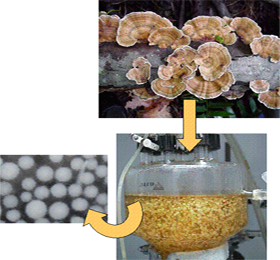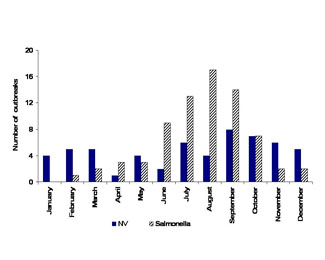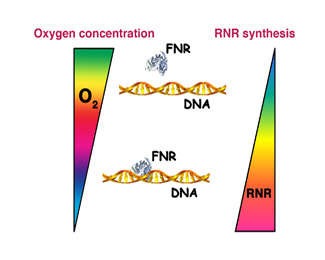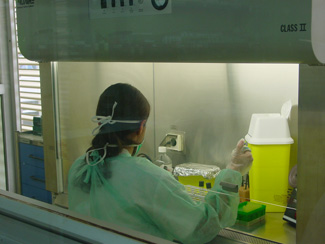
- Home

Antibiotic Resistance Mechanism in Bacteria Revealed
The perturbation of genetic material replication in bacteria induces a cellular response (known as SOS) which generates the recombination of chromosomes and the collection, expansion and expression of a family of mobile genetic elements known as integrons, which are...





Noroviruses hyperesistance
Acute gastroenteritis (AGE), often related to noroviruses, is one of the most common diseases suffered by the population. Noroviruses affect the stomach and intestines and are easily transmissible through human contact or in enclosed spaces, which would explain why they appear relatively frequently during...

Bacterial survival genes
A new advance in genomics research will allow for a better understanding of cellular and molecular life in oceans. In this case, the analysis focuses on the marine bacterium Polaribacter sp. MED152, a microorganism widely found in oceans which has survived in carbon-deficient environments and cannot always find...

FNR Protein: a step forward in antimicrobial research
At the laboratory of Bacterial Molecular Genetics, from the Institute of Biotechnology and Biomedicine of the UAB, researchers have studied which existing mechanisms of genetic regulation allow some bacteria to retain the ability to develop under...



